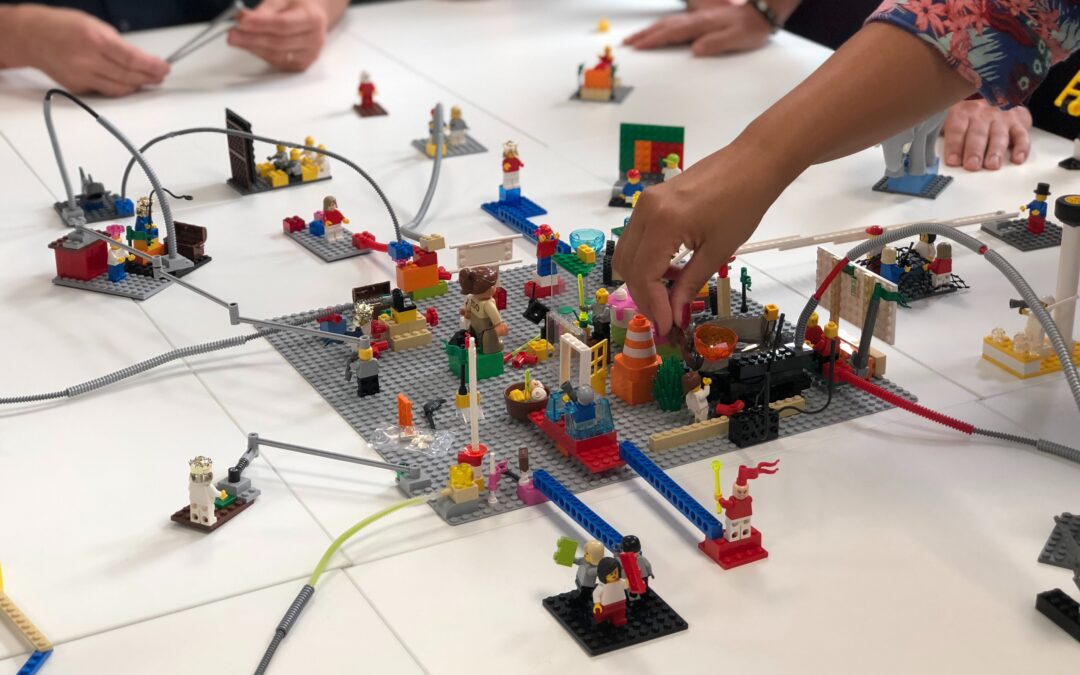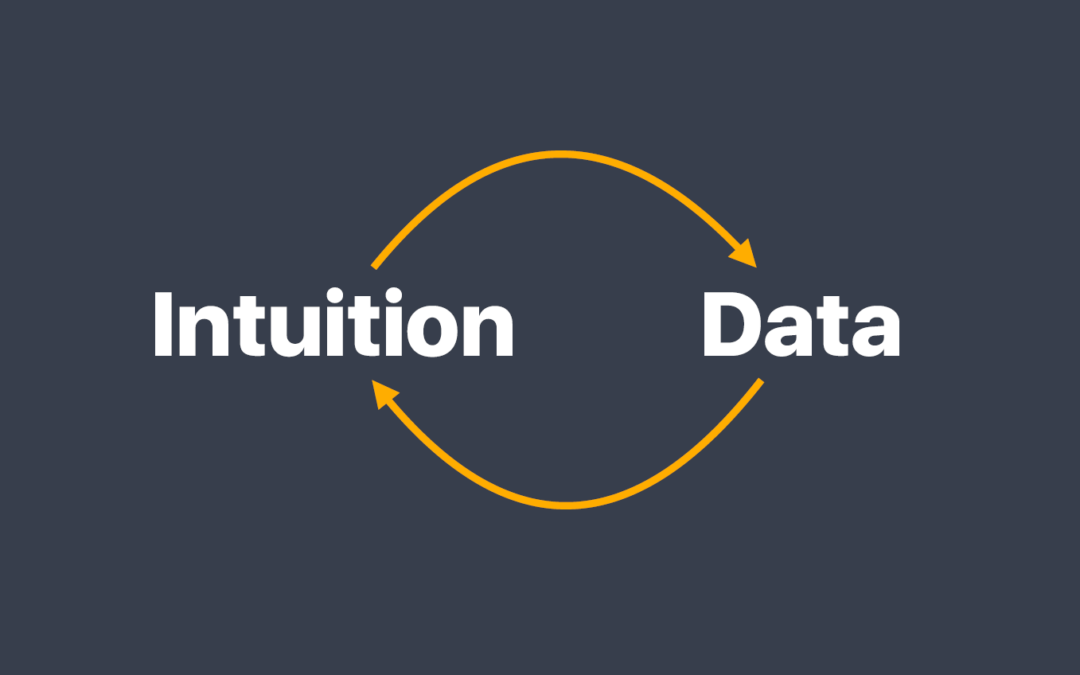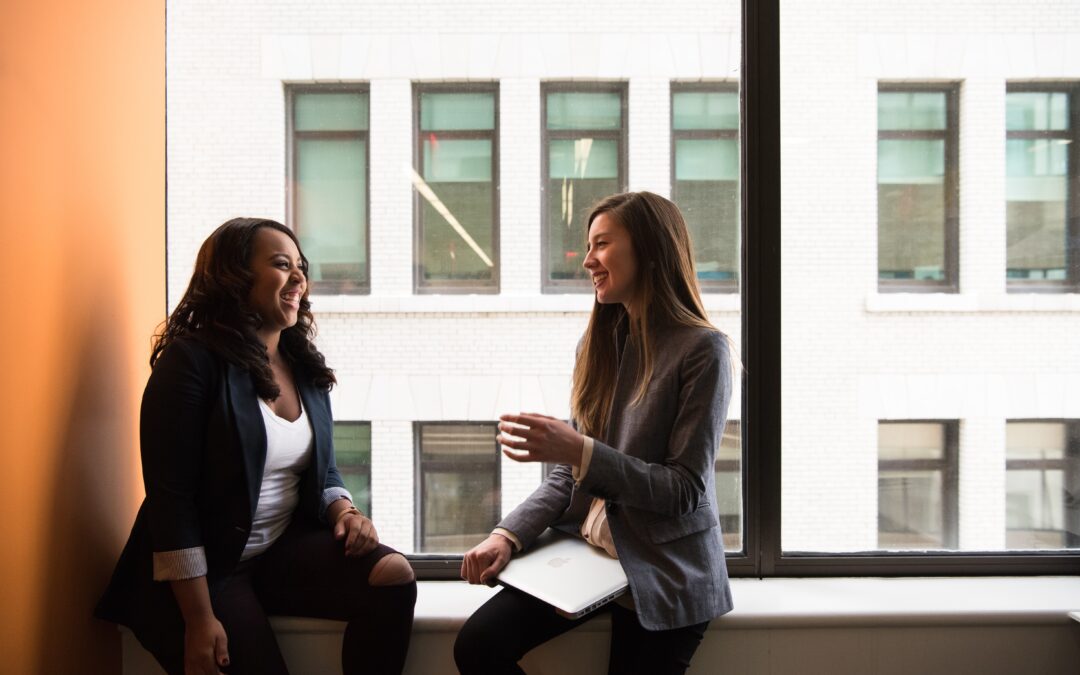
Confessions of a Customer Research Hypocrite
If you’re innovating without involving your customers, you’re wasting time and money.
I believe this so deeply that I require all of my clients to spend time talking with and listening to their customers at least once during our work together. Investing in customer research, I explain, is the single smartest and best investment that any business can make. Just 5 or 10 customer conversations can dramatically alter the course of an initiative, positioning it for incredible success or killing it before too much time, energy, and money is wasted.
Understanding your customers, especially through Jobs to be Done, is the hill I will die on.
But I actively resist doing this for my business.
The idea of interviewing my customers, or investing to understand their Jobs to be Done, or altering aspects of my business based on their feedback triggers a cold sweat and a very real flight response.
So why is my business different? (It’s not)
Why am I such a customer research hypocrite?
Here are the thoughts that run through my head when I consider talking to my own customers:
- I’m supposed to be the expert in this, what if they tell me something I haven’t thought of?
- What if my customers say they don’t like or want what I’m doing and would like or want something I’m not?
- What if I do try something new and it fails?
It is SO much easier, and it feels so much safer, to keep doing what I’m doing because it’s what I’ve always done and it’s what bigger and more “successful” firms do.
I suspect that I’m not the only one with these thoughts.
Over the years, I’ve spoken with lots of corporate innovators who proposed customer research only to be told, “We already know what we need to know” or “we did research a few years ago, let’s just use that,” or “sure, but we don’t have the resources right now so check back next quarter.”
These reasons make sense. On the surface.
We all know that getting feedback is key to keeping customers and it’s cheaper to keep a customer than acquire a new one. We’ve heard AG Lafley, P&G’s former CEO, proclaim “the consumer is boss.” We understand that when Steve Jobs said he didn’t do customer research it was because he and his inner circle were the customers they designed for and the rest of us would catch-up.
So we come up with reasons why something else (waiting, referring to old data) is a better option. We decide with our hearts (emotions) and justify with our heads. We give logical reasons – we already know this, we’ve already done this, we can’t do this now – so that we don’t have to confess the emotional reasons – fear, discomfort, insecurity – for refusing to do something that seems like common (business) sense.
How do we overcome these emotional barriers?
How do we overcome the fear and take action?
Here’s what I’m doing:
- Remember “Will the Real You Please Stand Up?” the great poem my dad gave me – “If you move with the crowd, you’ll get no further than the crowd. When 40 million people believe in a dumb idea, it’s still a dumb idea. Simply swimming with the tide leaves you nowhere.”
- Find my big-girl pants. Put them on.
- Take a deep breath
- Write down what I want to learn, especially if it scares me
- Find someone to help me do the research or, better yet, do it for me so I can avoid the emotion and engage in the insights
- Do the research
- Listen to and be curious about the results (if I’m defensive, I will not benefit)
- Create an action plan and get moving
Honestly, I’m on step 4 and really not looking forward to 5, 6, and 7 but I know that, when this is all done, my business and I will be better off.
At the very least, I will no longer be a hypocrite.



